Konkani Song, of which Goan Song is a preeminent branch, is a treasury of the traditional music of the Indian subcontinent containing as many as 34 identifiable types of song. They include the monophonic and harmonic varieties, the former in existence before the Portuguese brought Western music into India, and the latter, consequent on the Western impact. It was in Goa that Indian musicians first began to compose in Western musical forms, incorporating into them motifs and nuances of their own immemorial tradition. Among the 34 types figures the Mando, a dance song typically consisting of quatrains, frequently having appended choruses, set in six-four time. Its main themes are love and events (fobro), the latter social and political in nature. But its favourite theme is love, oriented toward marriage, where the lover yearns for union with his beloved, achieves that union, or laments at his failure to realize it. The love mandos are thus of three types: yearning (utrike, the theme of this book), union (ekvott) and lamentation (villap). The melody of the Mando is uniformly melancholic, but it scintillates with luminous imagery, as of suns, stars, flowers and diamonds. The Mando evidently originated in the 1830s, but its period of high achievement extends from around 1870 to 1950. It was given expression to by numerous composers, of which four are particularly remarkable: Paulo Milagres Silva(1855-1931), Arnaldo de Menezes (1863-1917), Gizelino Rebelo (1875-1931) and Torquato de Figueiredo (1876-1948). As a dance the Mando, India’s ballo nobile, was the last aristocratic social dance created anywhere. Goans not only initiated the Westernization of Indian music, but, from the late 19th century, also pioneered in Indian ethnomusicology, providing a model for the preservation and interpretation of the rich folk music of India. The present work aspires to represent that model.
Song of Goa: Mandos of Yearning
$21.85
$23.00
In stock
Free & Quick Delivery Worldwide
All orders amounting to US$ 50 or more qualify for Free Delivery Worldwide. For orders less than US$ 50, we offer Standard Delivery at $14 per book.
ABOUT THE AUTHOR Jose Pereira
JOSE PEREIRA, Born in Bombay in 1931, B.A. (Hons.) in Sanskrit, University of Bombay (1951). Ph.D. in Ancient Indian History and Culture, University of Bombay(1958). Adjunct Professor of East-West Cultural Relationships at the Insituto Superior de Estudos Ultramarinos, Lisbon (1959-1960). Research Fellow in the History of Indian Art, School of Oriental and African Studies, University of London (1962-1966). Research Associate in the History of Indian Art, The American Academy of Benares, Varanasi(1967-1969). Professor of Theology, Fordham University, New York (1970 to present). Pereira has published 14 books and over 130 articles on theology, history of art and architecture, and on Goan and Konkani culture, language and music. MICAEL MARTINS (29 October 1914-9 February 1999) born at Ol-lli/Orlim, Goa, in 1914. Studied music in Goa, and in Bombay with renowned music teachers. Performed for various musical societies in Bombay and Delhi and directed musical groups like the Coro Sacro and the Micael Martins String Quartet. Conducted the opera Geisha (1953). Was orchestra leader of films (Films Division Orchestra, 1949, Rajkamal Kala Mandir Orchestra, 1949). Participated in concerts in Delhi, where, in 1962, he performed alongside Lata Mangeshkar and Mohammed Rafi, and, in 1972, at the inaugural function of the Delhi Symphony Orchestra. Martins began his research into traditional Goan Song in 1933. Collaborated with Jose Pereira in recording Goan songs from 1954, collecting as many as 11,000 numbers. Martins and Pereira published some of those songs in Marg (1954) and Goan Tribune (1956-1957). They also published monographs of Goan Song in A Sheaf of Deknnis (Bombay: Konkan Cultural Association, 1967) and “Song of Goa. An Anthology of Mandosâ€, in the Boletim do Instituto Menezes Braganca, no 28 (1981). Martins was a prolific composer of classical musical forms, incorporating themes of Goan folk and art song into his compositions. He composed masses, hymns, profane songs and instrumental pieces – particularly excelling in the latter, outstanding examples of which are the following:
Rapsodia (1952), Carnaval em Goa (1953). Quatro Aguarelas (1953), Crepusculo de Estrelas Moribundas (1960), and Festival (1971). Micael Martins is renowned as the greatest classical composer in the history of Goan music.
ABOUT THE AUTHOR Micael Martins
Micael Martins (1914-1999), of Ol-lli/Orlim, Goa. Studied music in Goa, and in Bombay with renowned music teachers. Performed ffor various societies in Bombay and Delhi, and led orchestras of films in Bombay. Began collecting traditional Goan songs, art and folk, in 1933, and collaborated with Jose Pereira in recording Konkani songs from 1954, collecting as many as s11,000 numbers. Martins incorporated several motifs from traditional Goan Song into his classical musical compositions.
reviews
0 in total
Review by Anonymous
Be the first to review “Song of Goa: Mandos of Yearning” Cancel reply
You must be logged in to post a review.
Bibliographic information
Title
Song of Goa: Mandos of Yearning
Author
Edition
1st Ed.
Publisher
ISBN
8173051666
Subjects
more by Jose Pereira see more
more by Micael Martins see more
similar bookssee more
Encyclopaedia of Indian Music with Special Reference to Ragas (3 Volumes Bound in One)
Indian music, perhaps ...
$26.10
$29.00
Class, Power and Consciousness in Indian Cinema and Television
Since the beginning of the ...
$34.20
$38.00

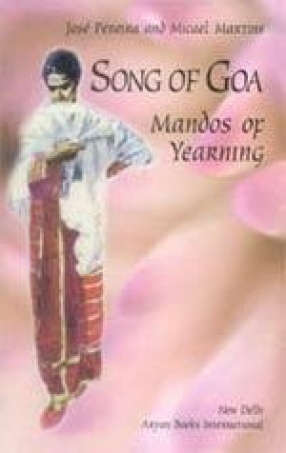
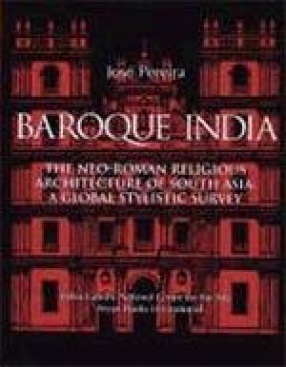

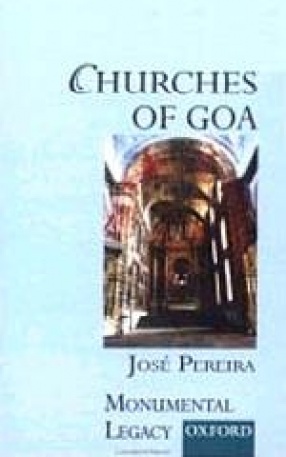
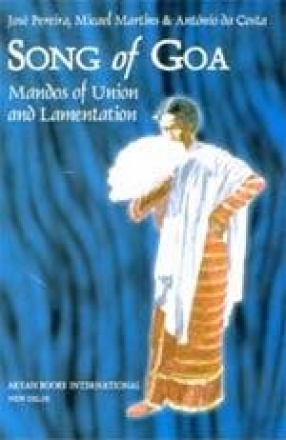
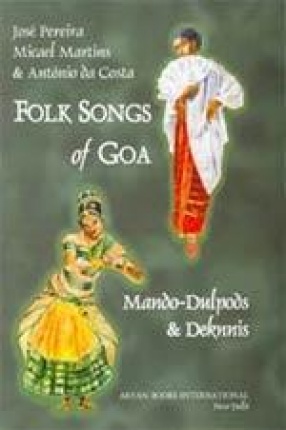
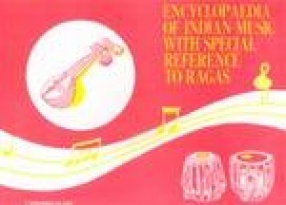
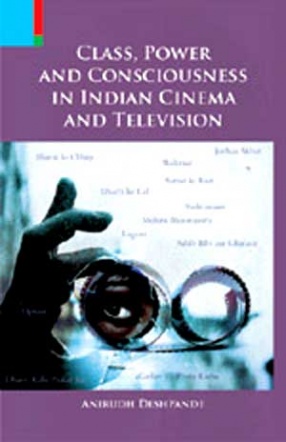
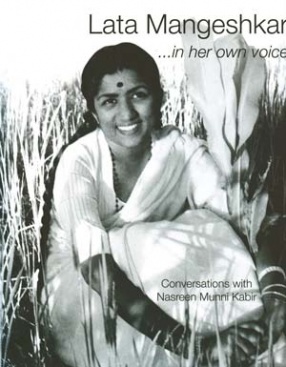
There are no reviews yet.